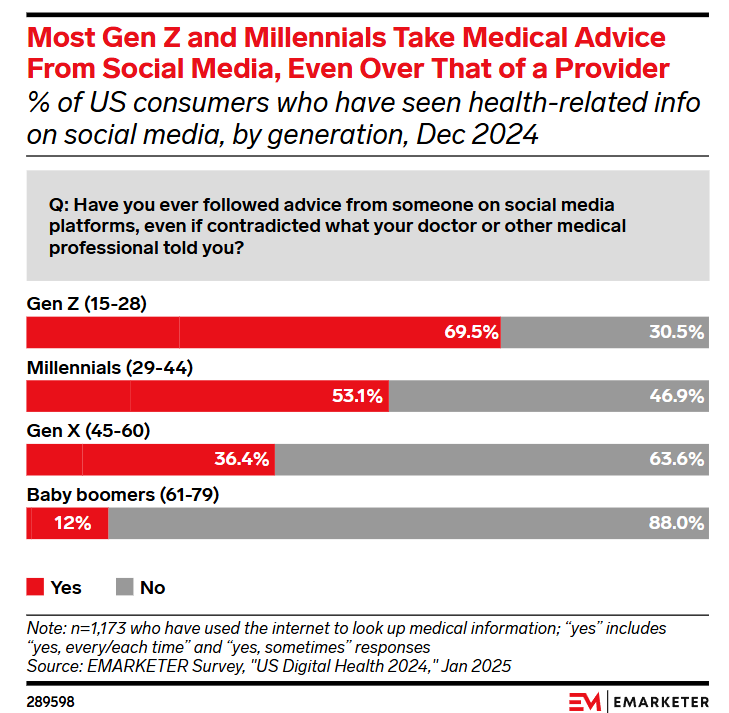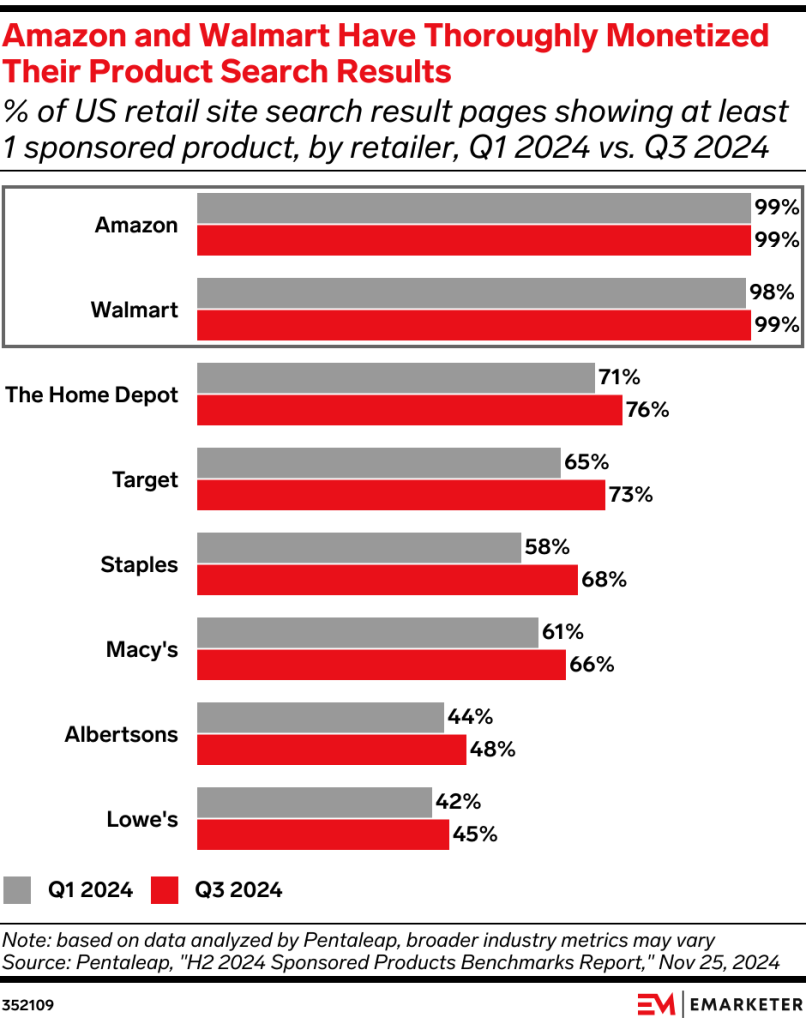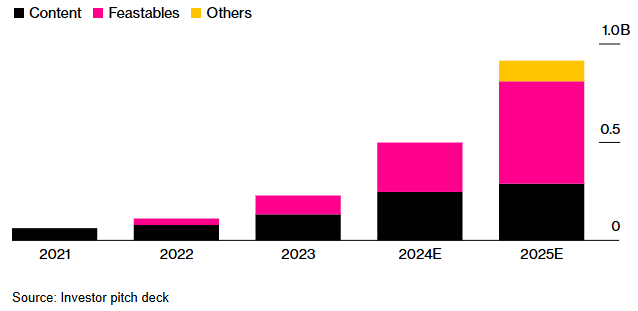Good Monday Morning
We shone a spotlight last week on US maternal health, pointing out that US women are 4.5x more likely to die than women in other wealthy nations. There’s also a much higher rate among non-white women.
Because Spotlight readers are the best, I want to share information one of you sent me that shows that women with disabilities have much higher rates of complications during pregnancy and delivery.
Want to help improve maternal health? Support March of Dimes The 87-year-old charity is fighting to close the deadly gaps in care.
Today’s Spotlight is 1,058 words, about 4 minutes to read.
3 Headlines to Know Now
Boarding Passes May Be On Their Final Approach
The UN’s aviation agency wants your face and phone to replace check-in and boarding passes within two to three years.
China Privately Admits Hacking U.S. Infrastructure
American officials say China acknowledged past cyberattacks, including Volt Typhoon’s infiltration of critical U.S. networks, during December talks aimed at easing tensions over Taiwan and security.
TikTok Benefits From Children Begging on Livestreams
A Guardian investigation uncovered organized begging networks where children perform live for virtual gifts redeemable for cash while TikTok keeps up to 70 percent.
Dr. TikTok Will See You Now
By The Numbers

George’s Data Take
There are staggering implications for public health as more “authoritative” digital voices crowd out medical advice. Nearly 70 percent of Gen Z have followed health tips from social media even when they contradicted a provider. About one in four AI users say they’ve acted on chatbot guidance without consulting a doctor.
Well This Is Awkward
Running Your Business
Coffee Mate’s piña colada creamer launched just before White Lotus used a poisoned version of the drink to nearly kill off a character. The brand scrambled to respond in real time, and may still see a sales bump from the chaos.
Silver Beacon Behind The Scenes
Chasing virality is like chasing wildfire wind shifts.
Just ask the nearly 400 parents who named their daughters Khaleesi before Game of Thrones burned her arc down. If you don’t know how the story ends, don’t tie your brand to the opening credits.
Everything But The Rearview Mirror is Watching You

Image by ChatGPT, prompted by George Bounacos
Your Car Is A Narc
Google just rolled out Android Auto 14.1 The update is relatively minor; just some bug fixes and teases about future features like AI copilots and climate controls.
The Pivot
But that update is a reminder. Your car is no longer just a mechanical horse. It is a connected platform with cameras, microphones, GPS, and data-sharing tools built in. And you may have no idea who is watching.
The Big Idea
Modern Vehicles are collecting more than miles. From license plates to in-car conversations, our digital footprints on the road are now monetized, surveilled, and sometimes weaponized, often without our knowledge or consent.
Why It Matters
Cars are now tracking devices on wheels. They capture location, habits, personal messages, and more. That data is traded, stored, and used in ways most of us never know or expect.
What’s Happening
License Plate Chaos
D.C. drivers owe more than one billion dollars in unpaid tickets. Some are being outed on social media using private license plate data. Meanwhile, hacked digital plates allow drivers to pin their violations on someone else.
Vehicle Surveillance
After a Tesla Cybertruck explosion earlier this year, the company tracked the car across four states using logs and charging data. Other cars store your texts, contacts, and garage codes. Some of that data is sold.
Political Targeting
Private plate readers don’t just scan tags. They record everything imaginable: bumper stickers, window permits, even passenger pictures down to slogans on shirts. The databases they update can be searched by name, belief, or keyword.
Insurance Overreach
Allstate used apps like GasBuddy and Life360 to track drivers without consent. One person was tracked across the country using a burner phone.
Silver Beacon Behind The Scenes
This is not a story about some dystopian future tech. It is about the systems already inside your car, quietly updating our surveillance capitalism system in the background.
When data leaks, misidentifies, or misinterprets your intent, it is not just inconvenient. It is potentially dangerous, especially in politically hostile or under-protected and marginalized communities. We can buy that data from multiple list brokers now.
What Can You Do?
The blunt truth? Not much.
- Car makers are not required to disclose what they collect
- There is no federal regulation forcing transparency
- Opt-outs are buried, ignored, or do not exist
- Third parties piggyback and scrape your data anyway
If you do not know what your car is tracking, that is exactly how they designed it.
That’s Not Your Grandkid Talking
Practical AI
The so-called “granny scam” is evolving fast. With just seconds of audio, AI voice cloning can fool even close family using tools that ask for no consent and offer few safeguards.
Your TV is Spying On You
Protip
Most smart TVs track what you watch using ACR, a feature that screenshots your TV twice every second. This guide shows how to turn it off on four major brands.
No, The Measles Outbreak Isn’t Slowing Down
Debunking Junk
RFK Jr. says Texas measles cases are plateauing. The data shows steady growth echoing early COVID confusion as experts warn that this outbreak, already responsible for the deaths of two children and an adult, could last a year.
Huggies’ Reliable Blowout Protection
Screening Room
Tiny Peacemaker, Big Breakthrough
Science Fiction World
Northwestern engineers created a rice grain-sized, light-activated pacemaker that dissolves after use, providing short-term support for infants after heart surgery without requiring a second procedure.
Kawasaki Built a Robot Horse
Tech For Good
Corleo is a hydrogen-powered robot horse that climbs and leaps like a sci-fi stallion. Early reactions include excitement from people with disabilities who see it as a path back outdoors.
Bill Gates Posted His OG Microsoft Code
Coffee Break
To mark Microsoft’s 50th anniversary, Gates shared the original BASIC code he and Paul Allen wrote for the Altair 8800. He called it “the coolest code I’ve ever written” and included a link to download an image of the source code on glorious tractor feed paper.
Sign of the Times






